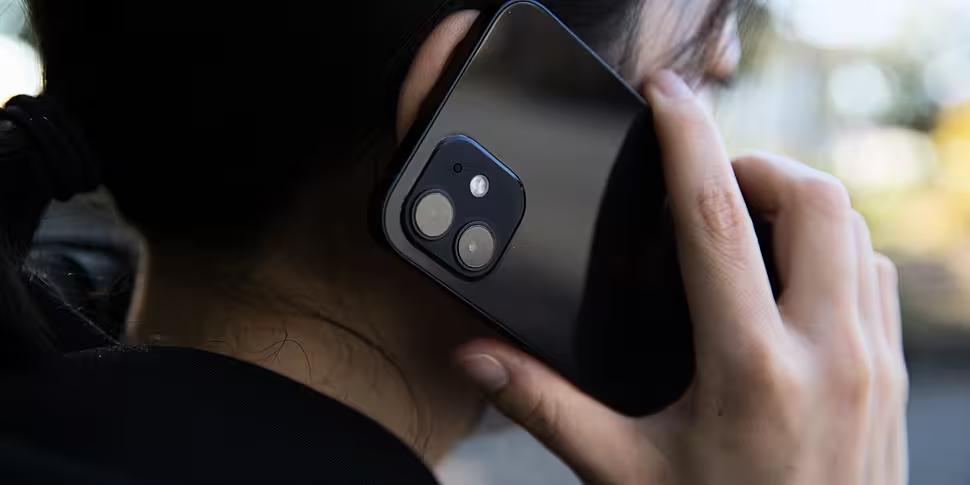The problem of scam calls is 'definitely getting worse', one consumer expert says.
If you've been getting frequent suspicious calls from numbers that appear to be from Irish mobiles, you're certainly not alone.
One common recent scam is a recorded message falsely claiming to be from the Department of Social Protection. If the receiver responds by pressing a prompt, then a scammer will attempt to extract personal information or data.
Another sees scammers call a number and hang up after just one or two rings. If the receiver returns the call, they'll be put through to a premium phone line and charged a significant amount of money.
Mary Berry, Owner of Cottage Heights B&B in Castletownbere, told Lunchtime Live she fears the huge amount of scam calls means she's losing business.
She explained: “People are ringing, and they ring the phone once, maybe twice. Then they expect you the phone back. We’re petrified to ring the numbers back, in case it’s a scam and it costs us a fortune.
“There might be 20 in one day, maybe 10. There are a lot of Tunisian calls coming in as well.
“If people are trying to ring to book in, it’s fine if they ring and get through. But at the same time, we’re nervous about answering any mobile numbers at the moment."
She said she will call guests to confirm a booking, but many people simply aren't picking up their phones anymore either due to the frequency of scam calls.
'Don’t just ignore the calls'
Conor Pope, Irish Times consumer journalist, told Lunchtime the problem's definitely getting worse - but people shouldn't be too worried about answering the phone.
He explained: "There’s no consequence if you answer a call. It’s only what happens next that becomes problematic.
“You’ll find out immediately if it’s someone who wants to make a legitimate booking, or if it’s a scam. Don’t just ignore the calls.
“There’s a heightened state of anxiety right now, and people think this particular scam has more power and reach than it actually does. Answering the phone is not a problem.
“People who are expecting a call… answer the call. But it is right to say the [scam] problem is getting more prolific."
Conor said scammers are taking advantage of the 'heightened sense of anxiety' around the pandemic, not to mention people's increasing reliance on their phones and devices while working at home.
He observed: “On one level, scam artists are really smart - they are really in tune with what’s happening in individual countries, and they’ll try to exploit this.
"The other thing is the manner in which this scam can be executed is so simple now.”
The scam calls in question aren't actually coming from an 083, 085 or 087 number - instead, the scammers are using open-source software to 'spoof' the caller ID, making it appear they're calling from an Irish number.
Conor said modern technology means criminals can get a scam up-and-running "in a heartbeat".
He said: “The numbers are fake, the caller ID is a spoof, and the criminals could be operating from any country in the world - it has nothing to do with the ransomware attack on the HSE, and nor do they have your telephone number.
"They’re just calling a bank of [thousands] of numbers that begin with 087. They can make thousands of calls in ten minutes.”
US data suggests up to $30 billion is lost through these kind of scams every year, with huge losses also reported in Australia.
While there's no hard data from Ireland, Conor said the international data sauggests there could be tens or hundreds of millions of euro being lost here as well.
He suggested phone networks and providers need to put in place spam filters, similar to how email services automatically filter out likely scams.









